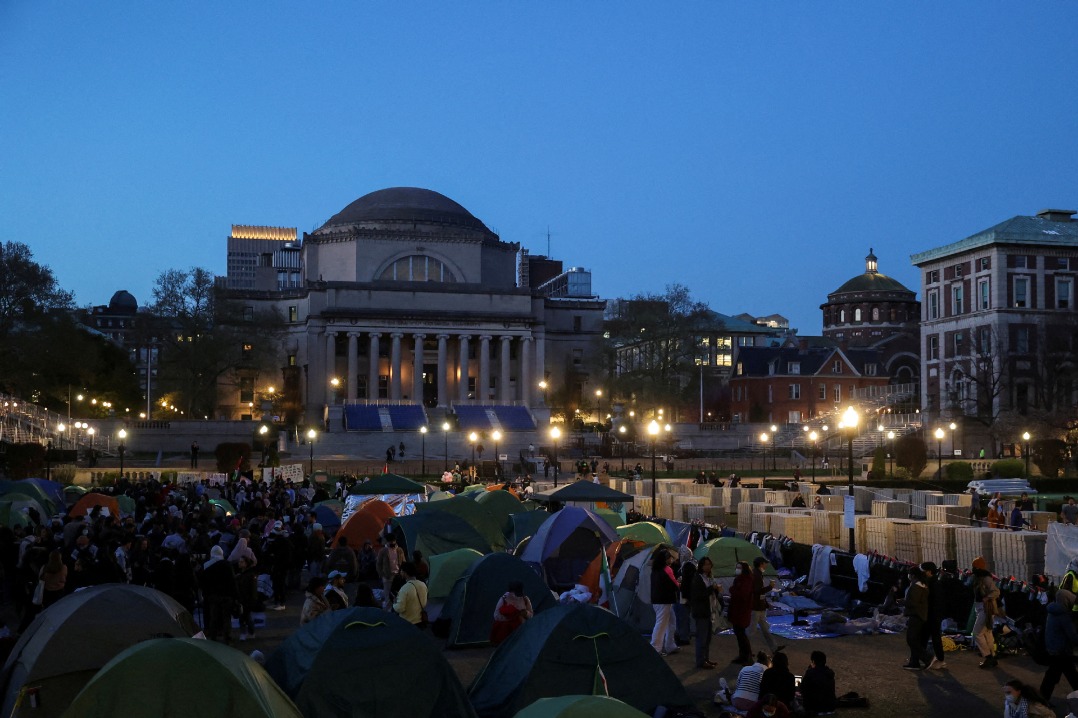Oxford trials pop-up vehicle charging points to fight over emissions


OXFORD, Britain - The historic city of Oxford will be the first in the world to trial pop-up electric vehicle charging points on residential streets as part of its efforts to fight toxic vehicle emissions.
The bollards, which retreats underground on the streets when not in use, will be a novel solution to the situation that 43 percent of British homes park their cars on the streets.
Oxford Councillor Tom Hayes, who is the Executive Board Member for Safer and Greener Environment, told Xinhua that he expects this technology to grow popular and hopefully help more residents switch from older polluting vehicles into the electric ones while maintaining the beauty of the city streets.
"We're going to see how this works, but we're very confident to see more people will pick up the technology ...and more confident that the communities and neighborhoods feel like these charging infrastructure points are really welcome in their pavements."
The Councillor believes that by making electric charging points significantly more accessible than normal charging points, the technology will contribute to Oxford's efforts to become the world's first zero emission zone by 2020.
"We're a reasonably small city, but actually what we do here can have a huge impact worldwide," he said.
Olivier Freeling-Wilkinson, a co-founder of Urban Electric, the firm that developed the pop-up electric vehicle (EV) charging points known as the UEone bollards, said the technology provides an alternative to traditional charging bollards that are limited in their scale and could cause clutter on the streets.
"For us, going down a retractable bollard design was a really effective way to scale EV charging infrastructure in urban spaces and sensitive spaces without negatively impacting the urban space to providing a great service for EV users and also for non EV users that they do not complain about it," he said.
"Our plan is the oversupply EV charging infrastructure on residential roads to give consumers confidence that they have certainty access to a charge point wherever they park on their road overnight. And that's the key thing for us," he added.
In May, Oxford City Council secured 470,000 pounds ($630,000) from Innovate UK, the government's innovation agency, to help install 20 retractable charging bollards in the city during the trial, which will be app-operated.
The project will cost 600,000 pounds ($800,000) in total, with the remaining funding coming from Urban Electric via private investment.
Britain has announced it will ban all new petrol and diesel cars and vans from 2040 amid fears that rising levels of toxic emissions pose a major risk to public health. There has been growing calls from members of the parliament for the British government to bring forward the date to 2030.
"I completely agree with the other cities of the UK, which are calling on this government to bring forward the date which we stop the sales of all new polluting vehicles," said councilor Hayes.
"That's ten years of extra pollution now will have in our atmosphere. That's ten years of health affects which we just don't need," he said.



































